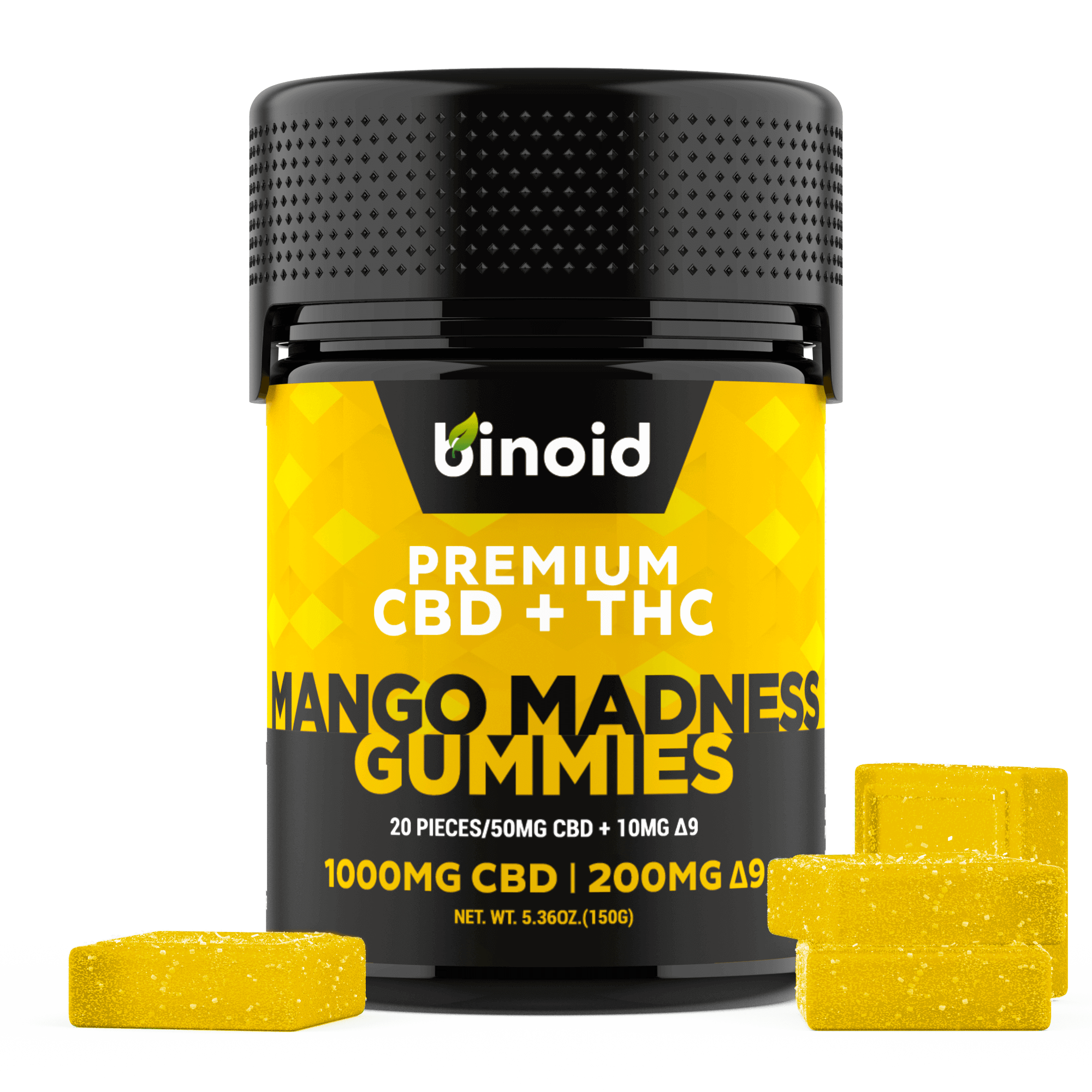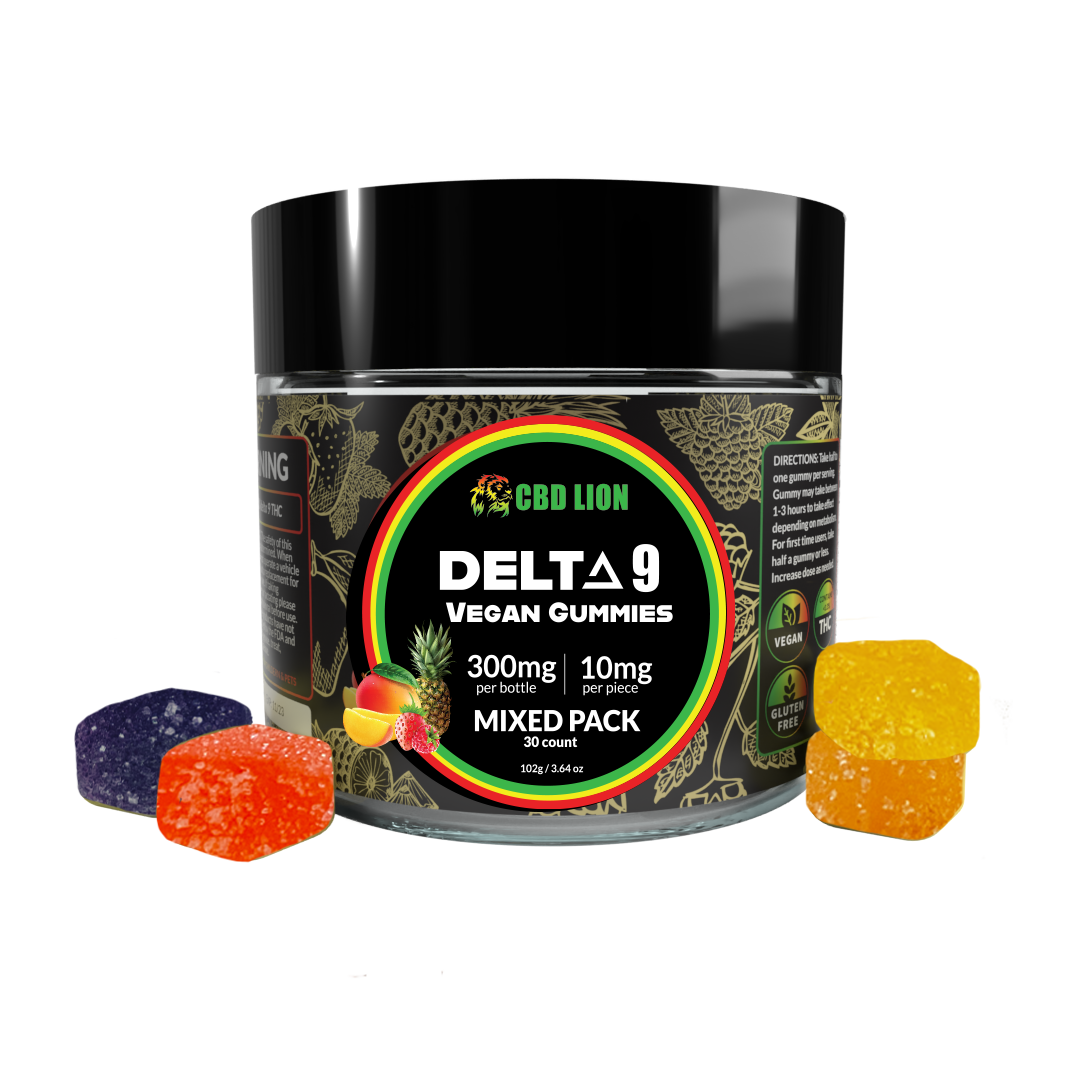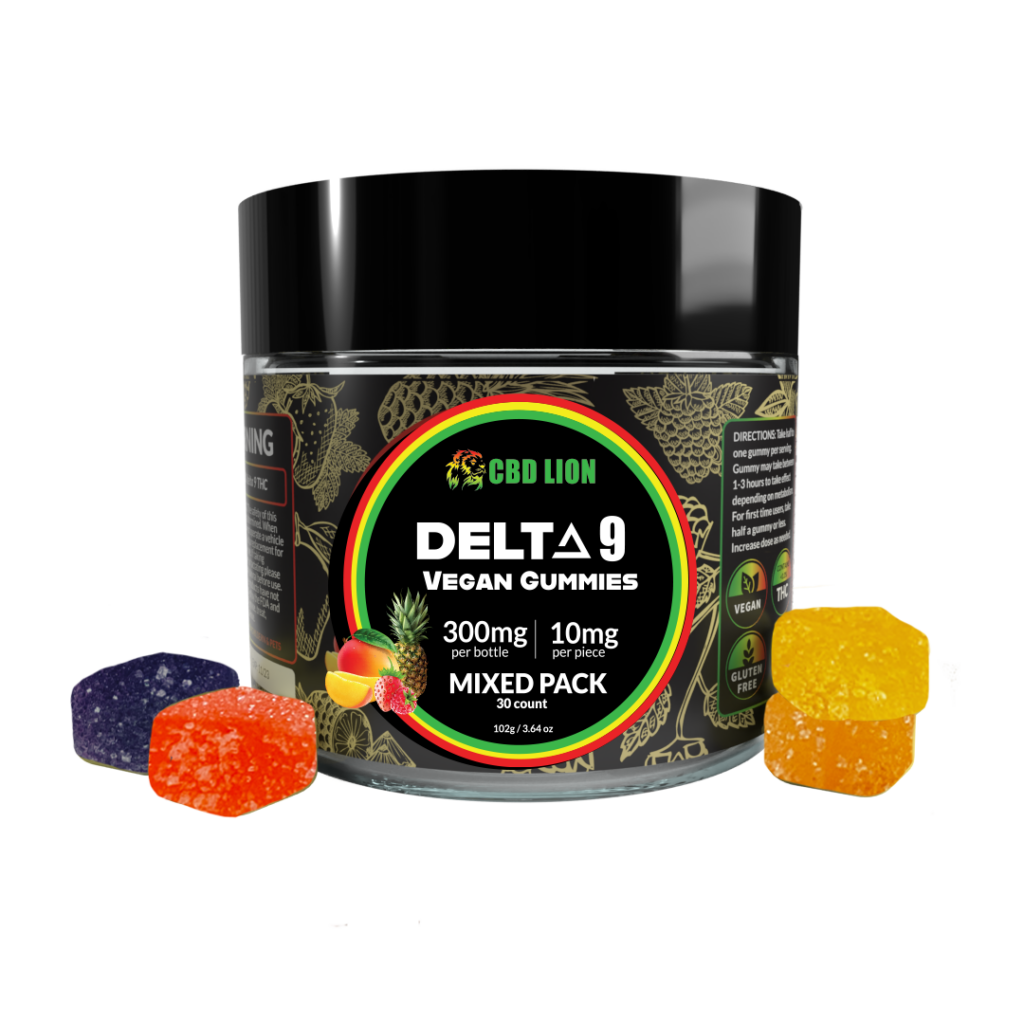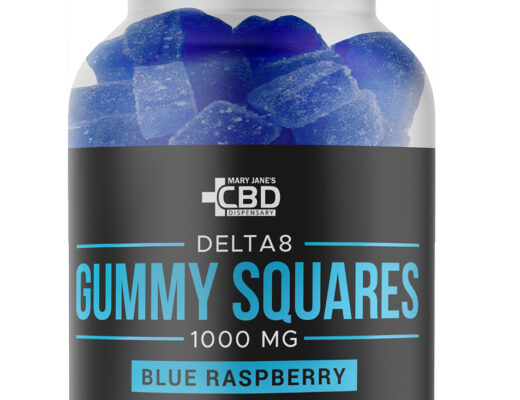Delta-9 tetrahydrocannabinol (THC) is one of the most recognized compounds in cannabis, primarily known for its psychoactive effects. As more people seek natural remedies and recreational options, the popularity of products like the best delta 9 gummies has surged. Understanding the science behind Delta-9 THC and its effects can enhance our appreciation of this fascinating compound.
What is Delta-9 THC?
Delta-9 THC is a cannabinoid found in the cannabis plant. It is the primary psychoactive component responsible for the “high” associated with marijuana use. Unlike CBD, which is non-psychoactive, Delta-9 THC interacts directly with the body’s endocannabinoid system (ECS), a complex cell-signaling system that plays a crucial role in regulating various physiological processes.

How Delta-9 THC Works in the Body
When consumed, Delta-9 THC binds to cannabinoid receptors, primarily CB1 and CB2, located throughout the brain and body. These receptors are part of the ECS and are involved in several functions, including mood regulation, memory, pain perception, and immune response. The binding of Delta-9 THC to these receptors alters neurotransmitter release, leading to various effects, including euphoria, relaxation, and changes in perception.
Effects of Delta-9 THC
The effects of Delta-9 THC can vary widely depending on factors such as dosage, individual tolerance, and the method of consumption. Common effects include:
- Euphoria: Many users report feelings of happiness and relaxation.
- Altered Perception: Users may experience changes in sensory perception, including visual and auditory enhancements.
- Increased Appetite: Often referred to as the “munchies,” Delta-9 THC can lead to heightened hunger and cravings for food.
- Anxiety or Paranoia: In some individuals, particularly with high doses, Delta-9 THC can induce anxiety or paranoia.
Therapeutic Uses of Delta-9 THC
Beyond recreational use, Delta-9 THC has potential therapeutic benefits. Research indicates that it may help manage various conditions, including:
- Chronic Pain: Delta-9 THC has analgesic properties that can alleviate pain.
- Nausea and Vomiting: It is often used to combat nausea, particularly in chemotherapy patients.
- Appetite Stimulation: For those experiencing appetite loss due to medical conditions, Delta-9 THC can help stimulate hunger.
Safety and Side Effects
While many enjoy the benefits of Delta-9 THC, it is essential to be aware of potential side effects. These can include dry mouth, red eyes, increased heart rate, and impaired memory or motor skills. Additionally, users should consider their legal jurisdiction, as the legality of Delta-9 THC varies by region.
The Future of Delta-9 THC Research
As cannabis legalization continues to spread globally, research into Delta-9 THC and its effects is expanding. Scientists are exploring its potential in treating various medical conditions, including anxiety, PTSD, and neurodegenerative diseases. Ongoing studies will help clarify its safety profile, therapeutic applications, and long-term effects.

Conclusion
Delta-9 THC remains a captivating topic of study and discussion. Its unique interaction with the endocannabinoid system contributes to its diverse effects, making it a popular choice for both therapeutic and recreational use. As the market for cannabis products like the best delta 9 gummies continues to grow, understanding the science behind Delta-9 THC is crucial for users seeking safe and effective options.




